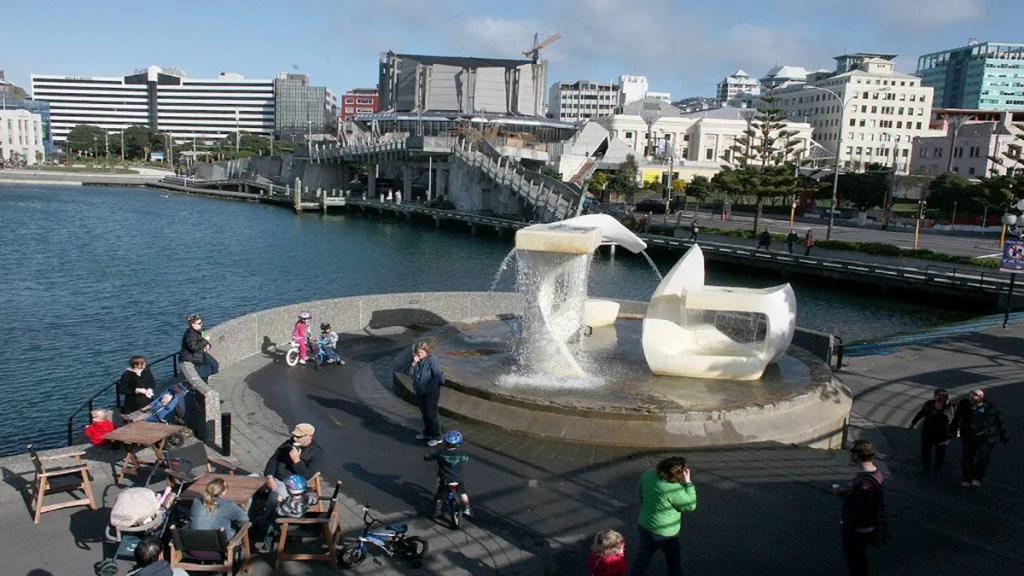New Zealand is fast becoming a leading destination for overseas students. International students also pick New Zealand to experience the Kiwi lifestyle, as a safe location to push personal boundaries, and, in certain cases, to pursue long-term or permanent residency prospects.
Tertiary Education and Skills Minister Penny Simmonds said that New Zealand’s international education sector has rebounded strongly, up 24 per cent year-on-year and 6 per cent above 2023 level.
With 73,535 enrolments between January to August 2024, more enrolments have been achieved in just two terms this year than New Zealand saw in all of last year said Simmonds.
While China and India lead, enrolments have grown from the US, Thailand, Germany, Sri Lanka, and the Philippines, each now contribute 3 per cent of international students.
Gisborne, Marlborough, Hawke’s Bay and Waikato are some of the regional cities that have experienced higher inflows of foreign students. The cost of studying and living in New Zealand is lower than other popular countries for foreign education.
The enrolments show national recovery as well as significant regional gains from 2023. Gisborne has experienced remarkable growth with an increase of 126 per cent, Marlborough has had an increase of 45 per cent, Hawke’s Bay has increased of 28 per cent, and Waikato is up 26 per cent.
Universities and schools are driving growth, with universities enrolling 31,345 international students, a 14 per cent increase, and schools rising by 33 per cent to 16,815 students, including 69 per cent surge in primary school enrolments. Funded private training establishments also grew by 80 per cent on last year.
The October to February period is when most international students apply for a study visa in New Zealand. If you are studying for a short course of less than three months, you only require a visitor visa.
If you plan to study here full-time and your course lasts more than three months, you will require a student visa.
If you are looking to work after your studies, you may be eligible for a Post Study Work Visa for up to 3 years after completing your study if you have an acceptable qualification.
New Zealand has amended its post-study work visa eligibility requirements to provide more flexibility to international students who finished a 30-week Postgraduate Diploma and pursued a Master’s degree without a 30-week Masters program, ensuring their job eligibility post-qualification. The revised rules will assist persons who were previously denied the PSW visa become eligible for it.
New Zealand may ask international students to maintain NZD $20,000 each year under the Funds Transfer Scheme (FTS) to support themselves while they are in New Zealand.
New Zealand had increased visa charges for students, workers and other immigrants from 1 October 2024. Most international visitors applying for a visa or NZeTA to enter New Zealand also need to pay a non-refundable IVL of NZD$100.00. The levy is charged for most Visitor visas, Student visas (excluding dependent child category), Working Holiday and Work Exchange schemes and Student and Trainee Work visas amongst others.
